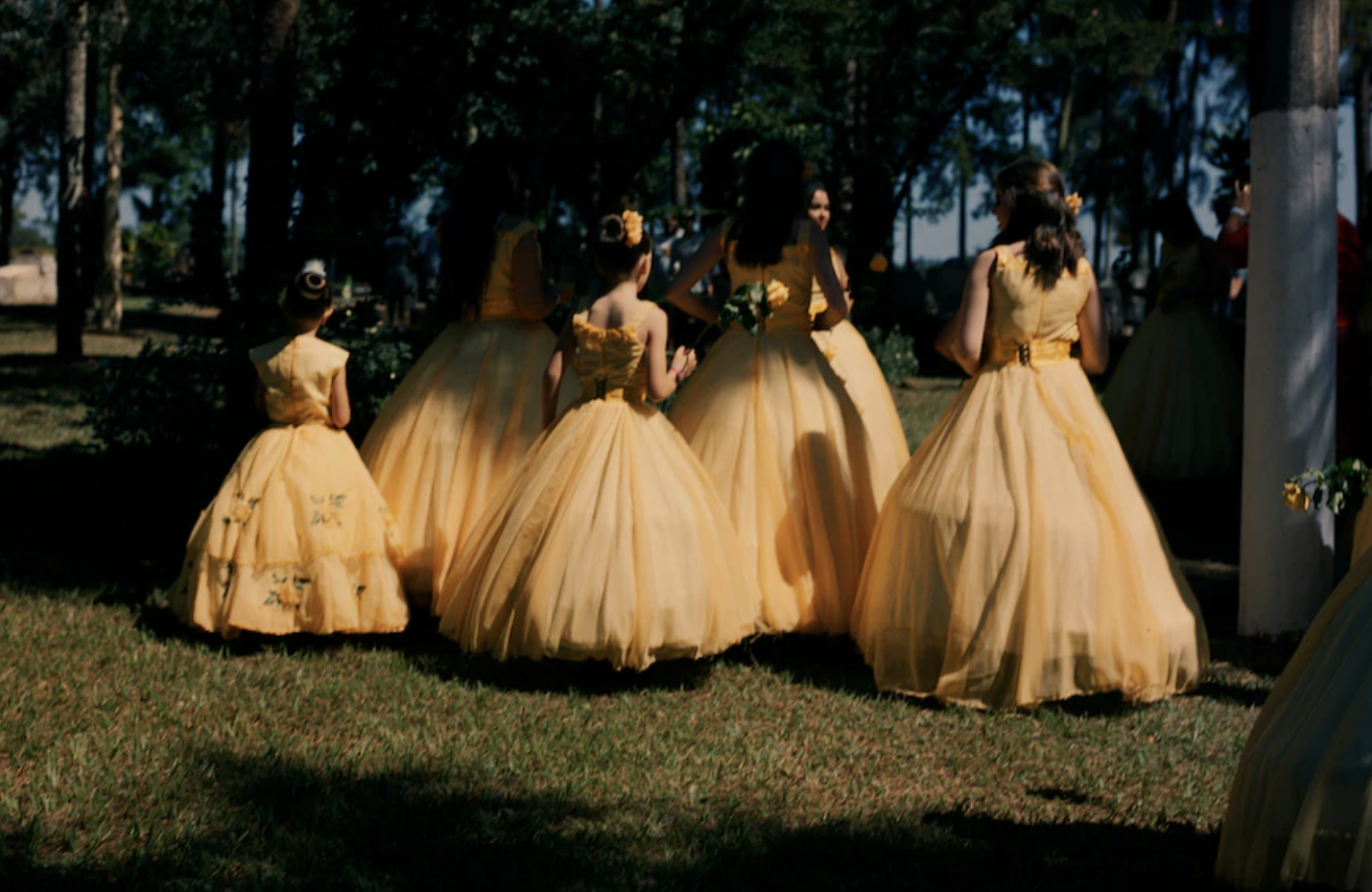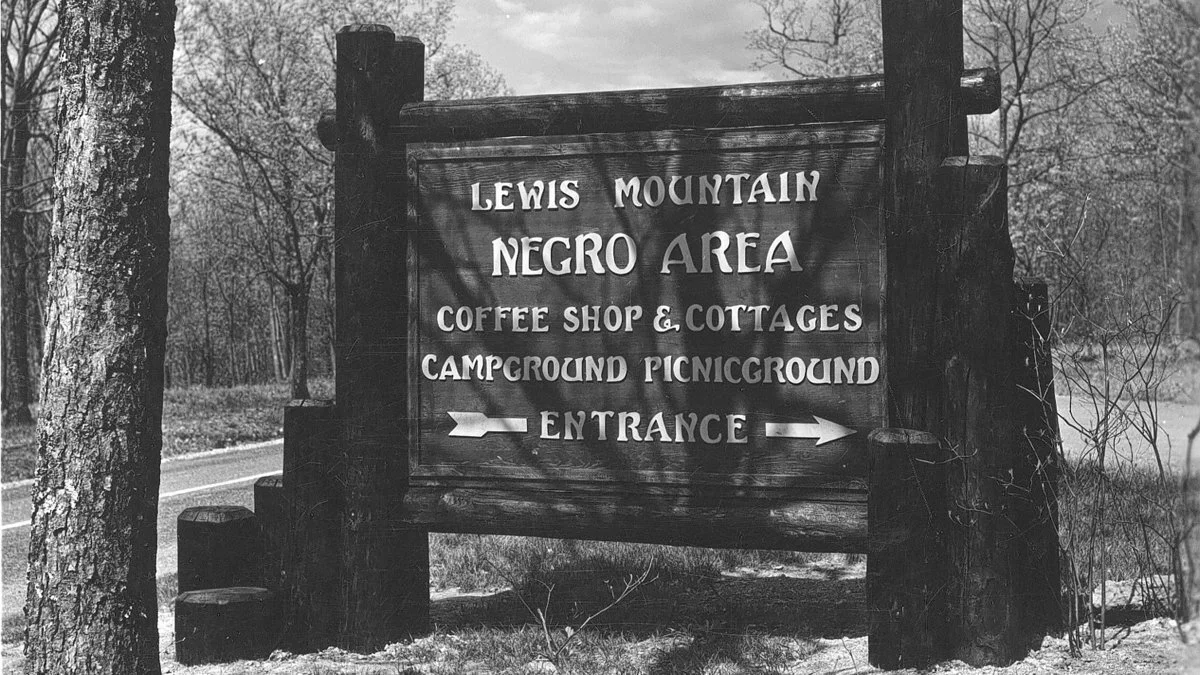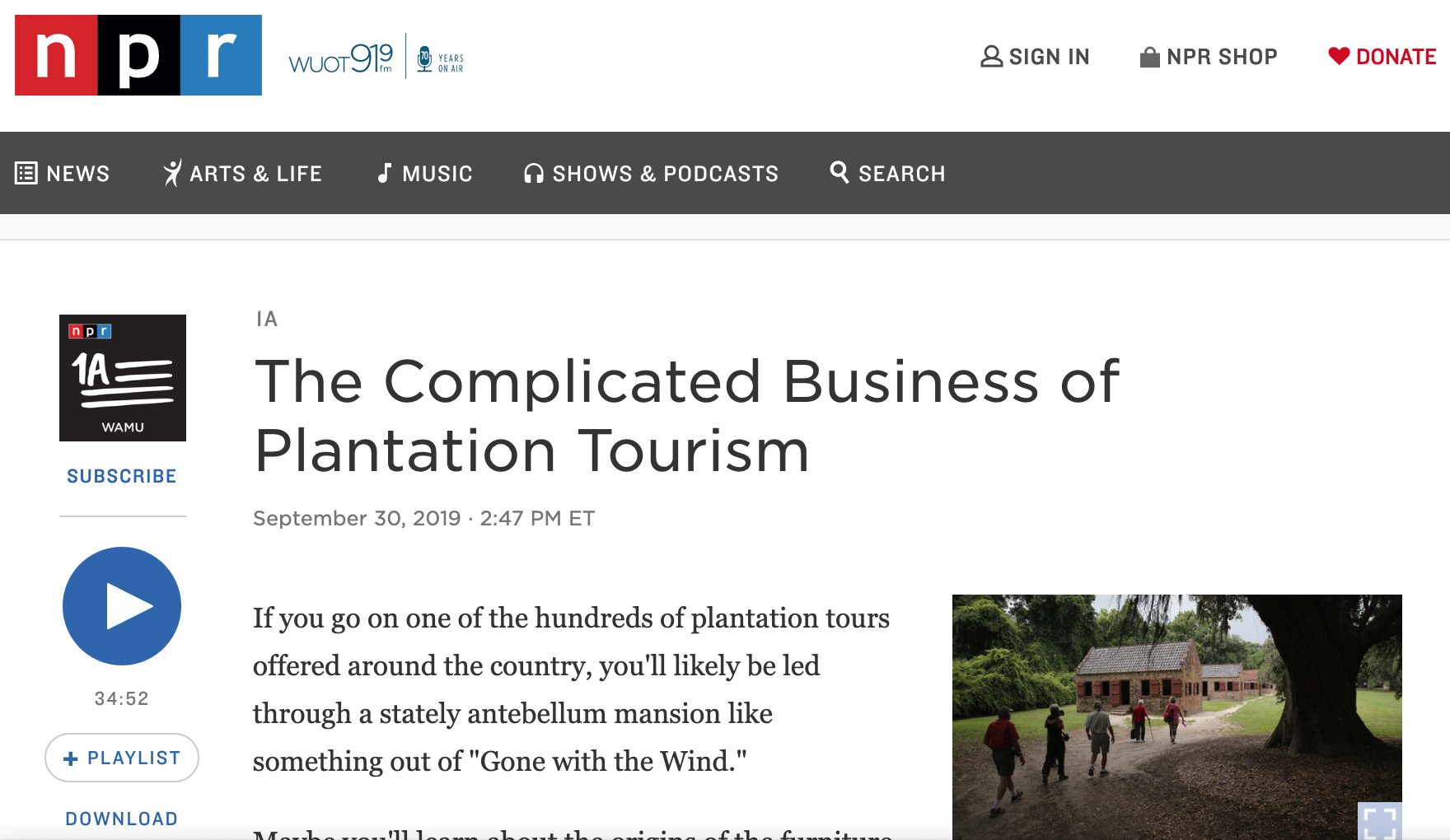Despite Everything, People Still Have Weddings at ‘Plantation’ Sites
New York Times - Oct. 17, 2020
The Whitney Plantation in Wallace, La., does not support weddings.Credit...Elsa Hahne - CREDIT: NEW YORK TIMES
“Amy E. Potter, a researcher at Georgia Southern University, was a lead investigator on a three-year National Science Foundation study that focused on the transformation of “Southern commemorative landscapes.” She and researchers from other universities found, after surveying 1,785 visitors to 15 plantations, that the 1939 movie “Gone With the Wind” continued to keep the perceptions of plantations in a positive light.”
“Gardens and particularly the architecture of the ‘Big House’ play a significant role in creating the desirable plantation wedding setting,” she said. The environment, she added, contributes to a “deliberate forgetting of the brutality of slavery and the history of these sites.”
Dr. Potter said that one location in the study, the McLeod Plantation Historic Site, which is managed by Charleston County Park and Recreation Commission, “thoughtfully reflected on the tension they feel hosting weddings.”
AUDACITY DIGI - Travel Fest
Dr. Stefanie Benjamin joined AUDACITY DIGI Travel Fest as a panelist discussing - Let's Get Real: Conversation with Allies in the Travel Space
They lost the Civil War and fled to Brazil. Their descendants refuse to take down the Confederate flag.
PHOTO CRED - Washington Post - Folk dancers gather before performing at the 2018 Confederate Festival in Santa Bárbara d’Oeste, Brazil. Each of their dresses is embroidered with the name of a state in the U.S. Confederacy. (Giovana Schluter Nunes)
Dr. Jordan Brasher discusses his dissertation research with The Washington Post regarding the Confederados in Brazil.
How to Rename a Street
Dr. Derek Alderman was interviewed by The New York Times regarding his research around the politics of street naming - specifically the politics of Martin Luther King Jr. Street.
Going the distance or being grounded at home? Mobilities after COVID-19
Professor Lapointe is looking at tourism from the mobility angle to raise questions about the post-COVID-19 era.
Read the blog post here - Click HERE
PUBLIC SPACE, PARK SPACE, AND RACIALIZED SPACE
A sign from the 1930s advertising a "negro area" at segregated Shenandoah National Park. Courtesy of the National Park Service.
Join Kangjae “JERRY” Lee, PH.D. as he unpacks how decision-making, design, programming, and management can consciously or subconsciously make public spaces into"white spaces”. In this article, Lee unpacks his research and the history of racialized public spaces.
Click HERE to read more - Project for Public Spaces
Dr. Alana Dillette, Dr. Stefanie Benjamin, and UTK alumnus, Chelsea Carpenter were interviewed by WUOT – Through Knoxville NPR – Fresh Air: “Tourism RESET – Social Equity” on May 3, 2019
Dr. Amy Potter, Research Fellow for RESET, was interviewed by BackStory around her research on plantation museums and how counter stories and narratives of enslaved people are becoming part of the tour.
Do idyllic southern plantations really tell the story of slavery? - August 15, 2019 @TheGaurdian
“Amy Potter, an associate professor of geography at Georgia Southern University, has been leading a Reset project in Charleston, and found it was still possible to visit a plantation without learning about the African American experience.
Starting in 2016, Potter and her team conducted research at four traditional plantations and observed 35 house tours. They found that on all but one of the observed tours, furnishings, family history, architecture and gardens are mentioned more often than slavery.
Slavery was discussed on 70% of those tours, but Potter cautioned that this was often done by discussing the enslaved’s labor, not humanity; as part of a narrative about a loyal slave and a kind master or told in the passive voice.”
“Dr. Derek Alderman spoke with The Root regarding his ongoing research around Dr. Martin Luther King street names. This is the first in a series of episodes on various MLK streets in the US.A. and is potentially good classroom resource for helping unpack the stories and lives behind street names.”
Alana Dillette, Stefanie Benjamin, & Chelsea Carpenter won "Best Research Paper" at the 2018 Travel Tourism Research Association (TTRA) 49th Annual Conference in Coral Gables, Florida, U.S. Their paper and presentation titled, "Tweeting the Black experience: Social media counter-narrative stories as innovative insight on #travelingwhileblack" focused on the lived experiences of Black travelers tweets.
THE EVOLUTION OF THE BLACK TRAVEL MOVEMENT
Black Travel Movement, LLC and ET AL Films, LLC with the help of renowned Director/Producer D. Channsin Berry, are working together to develop and produce a feature-length documentary that focuses on the evolution of African American travel.
The documentary will begin looking at some of the challenges African Americans faced when traveling during the Jim Crow era, with a specific focus on the Negro Motorist Green Book, written and published by Victor Green between the 1936-1966. This book was a staple for African Americans in its day, educating travelers on where to safely eat, sleep and recreate while on the road. The documentary will then move on to tell the story of how African Americans have moved from this difficult era to todays current phenomenon of Black travel. Chronicling stories ranging from Black skiers in Japan, Black millennials traveling to Paris, Black families tracing their roots back to Africa and the inspiring work being done by Black travel bloggers and organizations. Primary work for this project started in May 2017 with production expected to take place in late 2018.
As a part of the documentary, historians, sociologists, and important voices and influencers in the travel community are being interviewed in order to get a broad range of perspectives and stories. Dr. Alana Dillette, an Assistant Professor at San Diego State University was chosen to be interviewed for this important work based on her current and ongoing work with the Black Travel Movement. Dr. Dillette is also a research fellow with Tourism RESET, an organization focused on race, ethnicity and social equity in tourism. Her research interests include diversity and inclusion in hospitality and tourism, more specifically around issues related to race and ethnicity in travel. Dr. Dillette also prides herself on bringing a diverse range of views on travel and tourism into her classroom, standing on the belief that travel has the ability to change lives and perspectives in a positive way.











